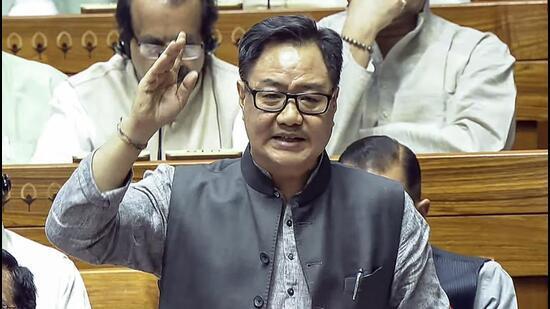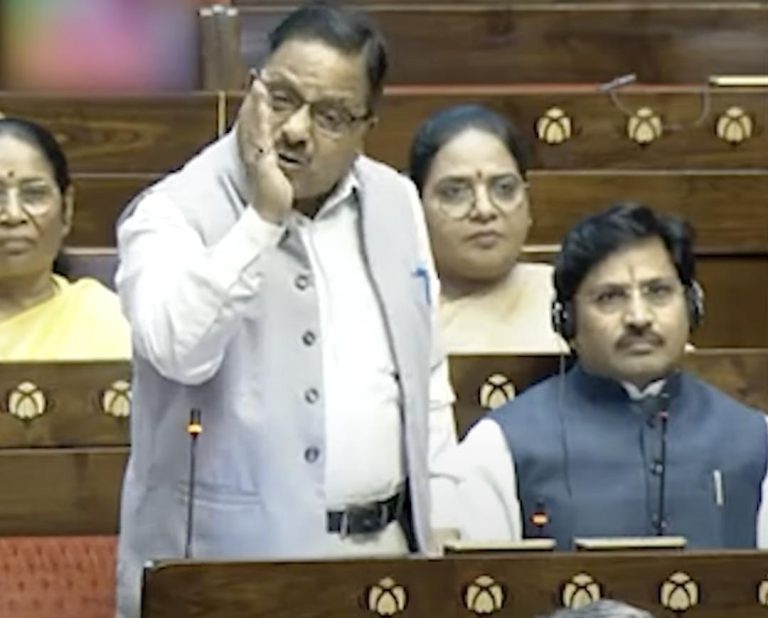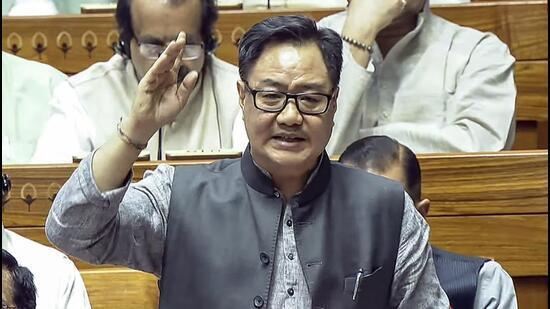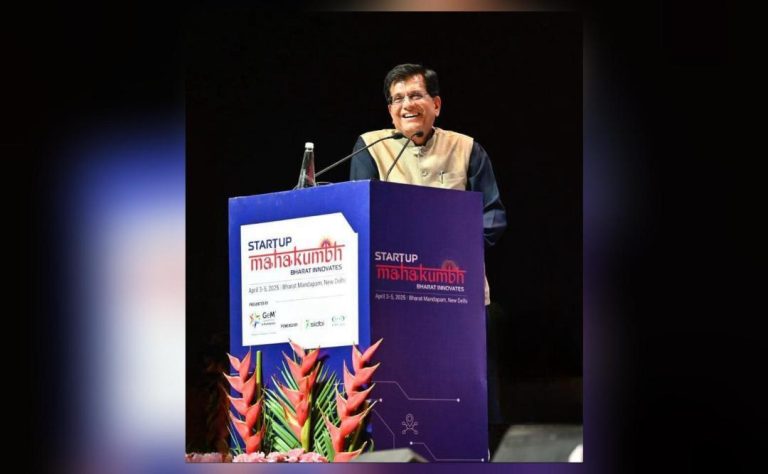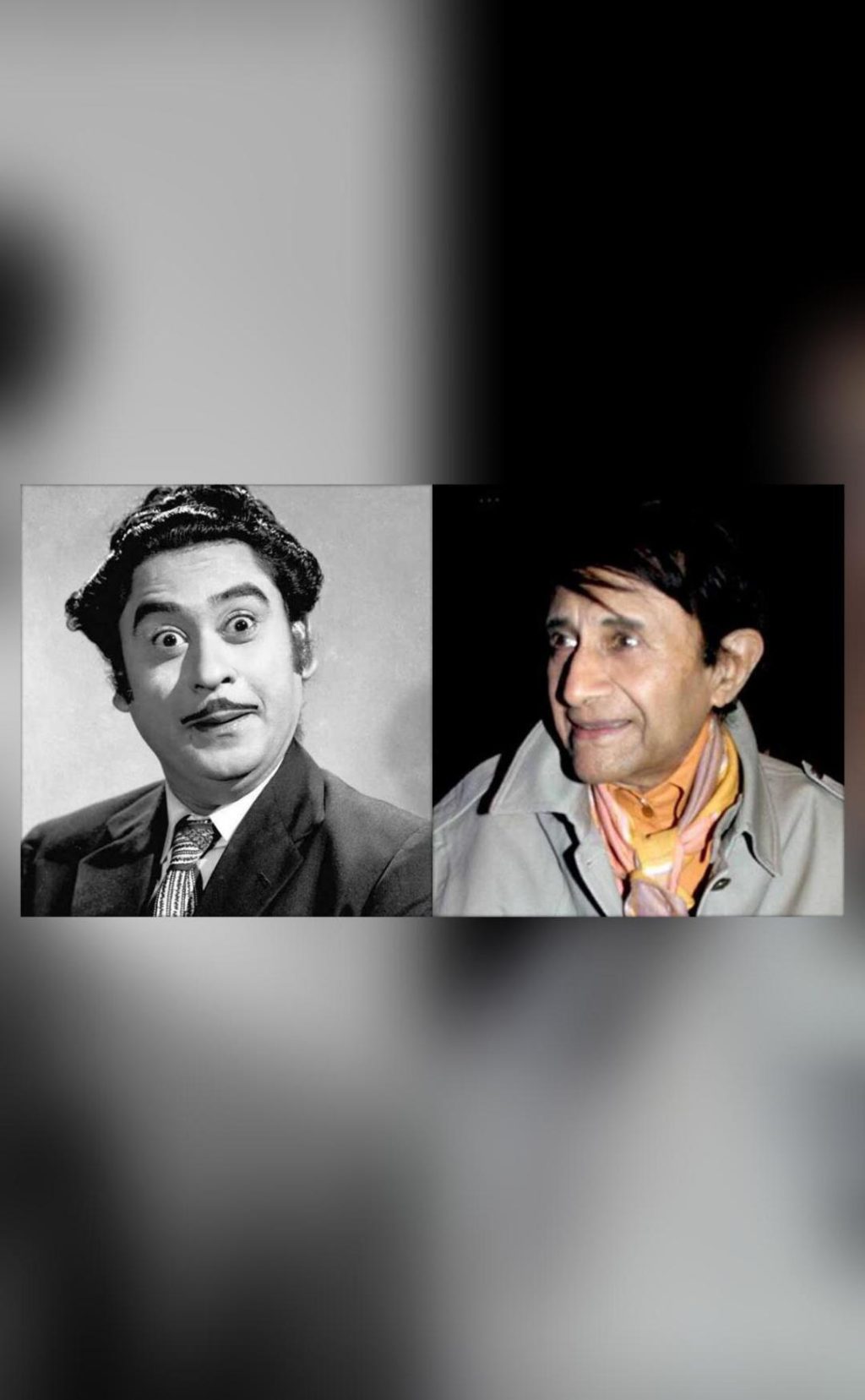
PM Modi talks about ban on Kishore Kumar, Dev Anand while criticising Congress
In a scathing attack on the Congress party, Prime Minister Narendra Modi on Thursday brought up the names of two legendary Indian cinema icons, Kishore Kumar and Dev Anand, while criticizing the Emergency imposed by the Congress government in 1975.
Addressing a rally in the national capital, PM Modi said that Kishore Kumar’s songs were “banned” on Akashvani, the national radio network, because he had “refused to sing a song for Congress”. He also mentioned that popular cinema artist Dev Anand was requested to support the Emergency, but he showed courage and refused, which led to all his films being banned on Doordarshan, the national television network.
The Prime Minister’s remarks are significant as they highlight the Congress party’s attempts to suppress dissenting voices and stifle artistic freedom during the Emergency period. The period, which lasted from June 1975 to March 1977, was marked by draconian laws, press censorship, and the imprisonment of thousands of people, including prominent politicians, activists, and journalists.
Kishore Kumar, one of the most beloved and iconic playback singers in Indian cinema, was known for his versatility and unique voice. He had sung songs for numerous films and was a household name. However, PM Modi’s statement suggests that Kishore Kumar’s refusal to sing for the Congress party led to a ban on his songs on Akashvani.
Dev Anand, on the other hand, was a renowned actor, director, and producer who had made a significant contribution to Indian cinema. He was known for his iconic films such as “Guide”, “Hare Rama Hare Krishna”, and “Jewel Thief”. PM Modi’s statement implies that Dev Anand’s refusal to support the Emergency led to a ban on his films on Doordarshan.
The Prime Minister’s attack on the Congress party is a clear attempt to highlight the party’s authoritarian tendencies and its attempts to suppress dissenting voices. The Emergency period was marked by a complete disregard for democratic norms and a clampdown on civil liberties. The Congress party’s actions during that period have been widely criticized, and PM Modi’s remarks are an attempt to underscore the party’s authoritarian nature.
It is worth noting that the Congress party has been facing criticism for its handling of the Emergency period. The party’s attempts to suppress dissent and stifle artistic freedom have been widely condemned, and many have called for accountability and justice for those who were affected by the Emergency.
In recent years, there has been a growing trend of revisiting and re-examining the Emergency period. Historians, scholars, and activists have been working to document the events of that period and to hold the Congress party accountable for its actions. PM Modi’s remarks are a significant development in this context, as they highlight the need for a more nuanced understanding of the Emergency period and its impact on Indian democracy.
In conclusion, PM Modi’s remarks about Kishore Kumar and Dev Anand are a powerful indictment of the Congress party’s authoritarian tendencies during the Emergency period. The Prime Minister’s criticism of the Congress party’s attempts to suppress dissenting voices and stifle artistic freedom is a significant development, and it highlights the need for a more nuanced understanding of the Emergency period and its impact on Indian democracy.
